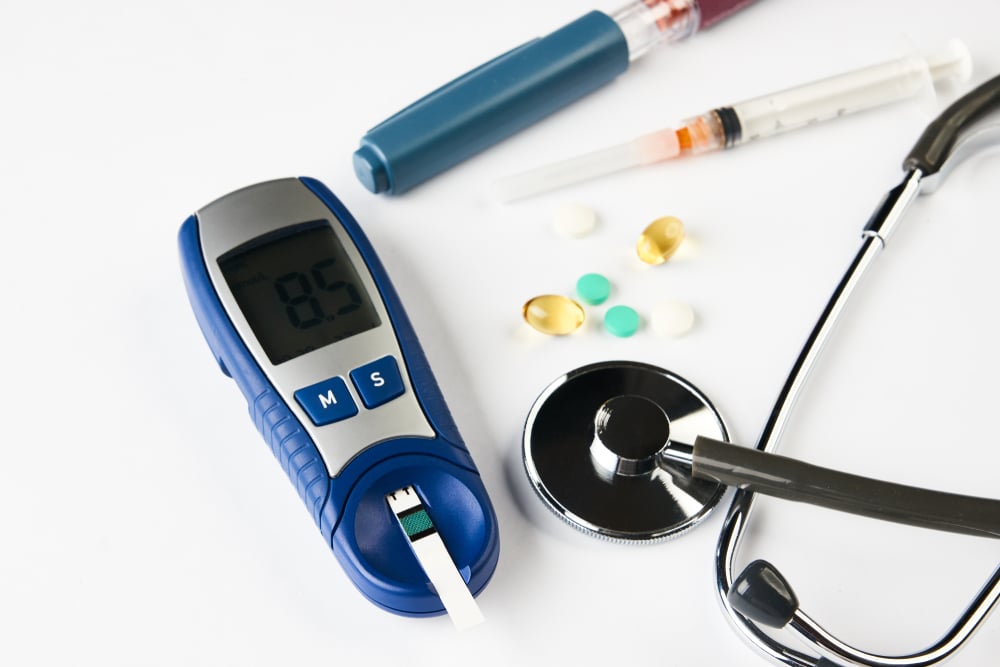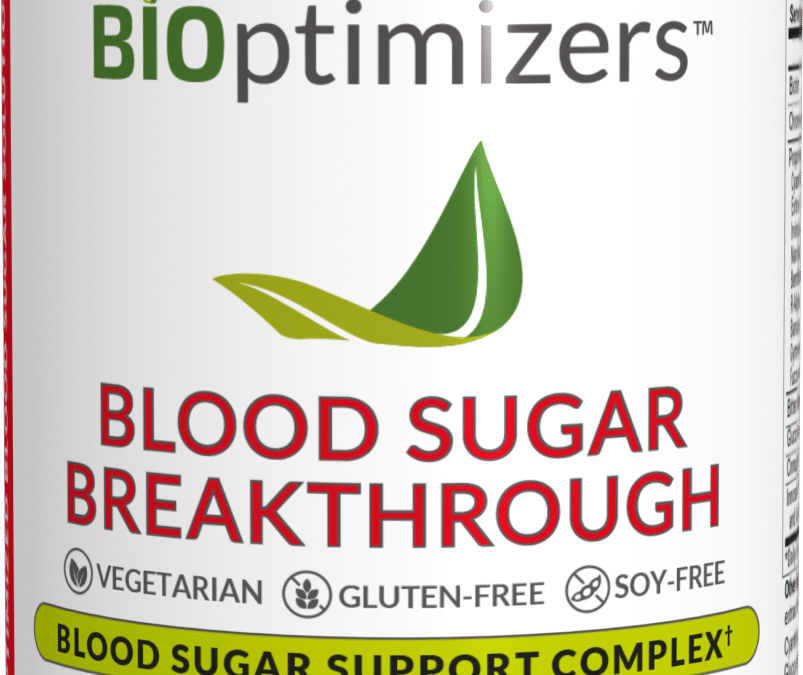
Supplements to Lower Blood Sugar: 7 Natural Options That Work
If you’re already cutting out sugar, refined carbs, and using intermittent fasting—great news: you’re on the right track. But if your blood sugar is still in the prediabetic range, the right supplements to lower blood sugar can give you extra support.
Check with Your Healthcare Provider First
Before starting any supplements to lower blood sugar, it’s important to talk with your healthcare provider—especially if you’re already taking prescription medications like metformin or insulin. Because these blood sugar-lowering supplements can significantly impact glucose levels, they may interact with medications or underlying health issues. A doctor or functional medicine provider can help you personalize a plan based on lab results and long-term goals.
In this article, we’ll explore seven of the most effective supplements to lower blood sugar, all of which can support your healthy diet and lifestyle habits.
1. Berberine
How it helps: Berberine activates AMPK—an enzyme involved in glucose and fat metabolism. It works similarly to metformin, reducing liver glucose production and improving insulin sensitivity.
Suggested dose: 500 mg 2–3x per day before meals
Watch for: May cause GI upset in some. Avoid long-term use without breaks to protect gut microbiota.
2. Magnesium (Glycinate or Citrate)
How it helps: Magnesium is essential for insulin function. Deficiency is common in people with insulin resistance.
Suggested dose: 200–400 mg/day
Learn more: NIH Magnesium Fact Sheet
3. Alpha-Lipoic Acid (ALA)
How it helps: A powerful antioxidant that improves glucose uptake and supports nerve health, particularly in diabetic neuropathy.
Suggested dose: 300–600 mg/day
Watch for: May cause low blood sugar if taken with other glucose-lowering supplements or medications.
4. Ceylon Cinnamon
How it helps: Ceylon cinnamon can lower fasting glucose by improving insulin receptor sensitivity and slowing carbohydrate absorption.
Suggested dose: 500–1,000 mg/day (or 1–2 tsp of powder)
Note: Choose Ceylon cinnamon over Cassia to avoid liver-toxic coumarin.
5. Chromium Picolinate
How it helps: Chromium improves the transport of glucose into cells, especially in people with insulin resistance.
Suggested dose: 200–600 mcg/day
Evidence: Cleveland Clinic on chromium and blood sugar
6. Inositol (Myo-Inositol or D-Chiro-Inositol)
How it helps: Enhances insulin signaling and reduces post-meal glucose spikes. Especially useful in women with insulin resistance or PCOS.
Suggested dose: 2–4 grams/day
7. Gymnema Sylvestre
How it helps: May help reduce sugar cravings and support pancreatic beta cell function. Used in traditional medicine to lower A1c.
Suggested dose: 200–400 mg/day
Often found in combination with other herbs in blood sugar support formulas.
Putting It All Together
Here’s a sample supplement strategy featuring some of the most effective supplements to lower blood sugar—ideal for complementing your fasting and low-carb lifestyle:
- Morning: Berberine + Magnesium
- Midday: Chromium + Ceylon Cinnamon
- Evening: ALA + Apple Cider Vinegar (as you’re already doing)
Monitor, Adjust, and Personalize
Supplements to lower blood sugar can enhance results, but they work best when you track your progress. If you’re using any of these long term, consider monitoring:
- Fasting glucose and A1c
- Fasting insulin or HOMA-IR
- Magnesium and chromium levels (if available)
Keeping a food and supplement journal alongside your blood sugar readings can reveal helpful patterns and guide adjustments. Over time, small changes can lead to big improvements.
Looking for High-Quality Supplements?
Check out our ToothWiz Vitamins Dispensary for professional-grade supplements you can trust.
You may also enjoy our post on oral signs of nutritional deficiencies—your mouth might be telling you more than you think!
Bottom line: With the right combination of lifestyle changes and targeted supplementation, many people can reverse early blood sugar problems before they ever become chronic.





